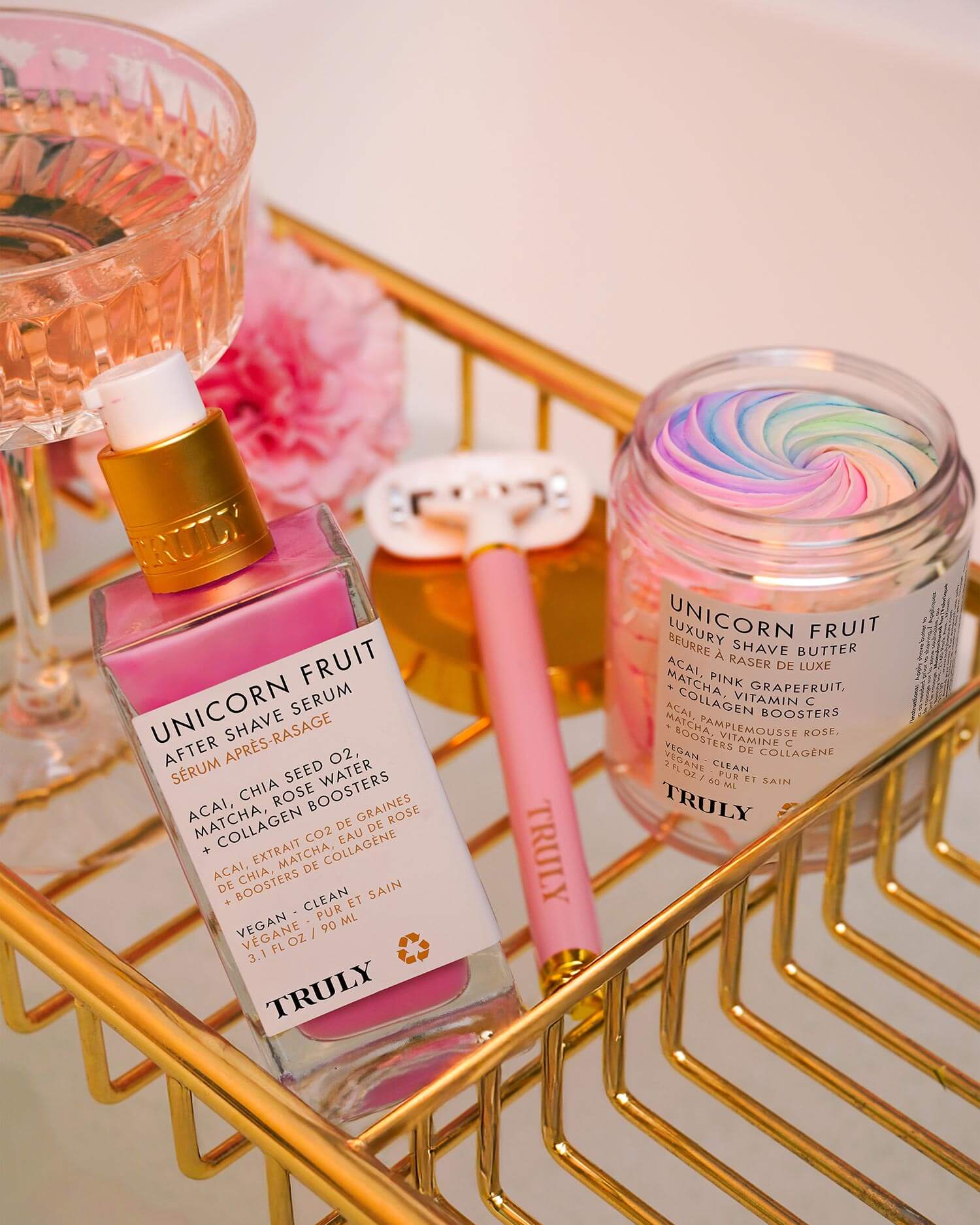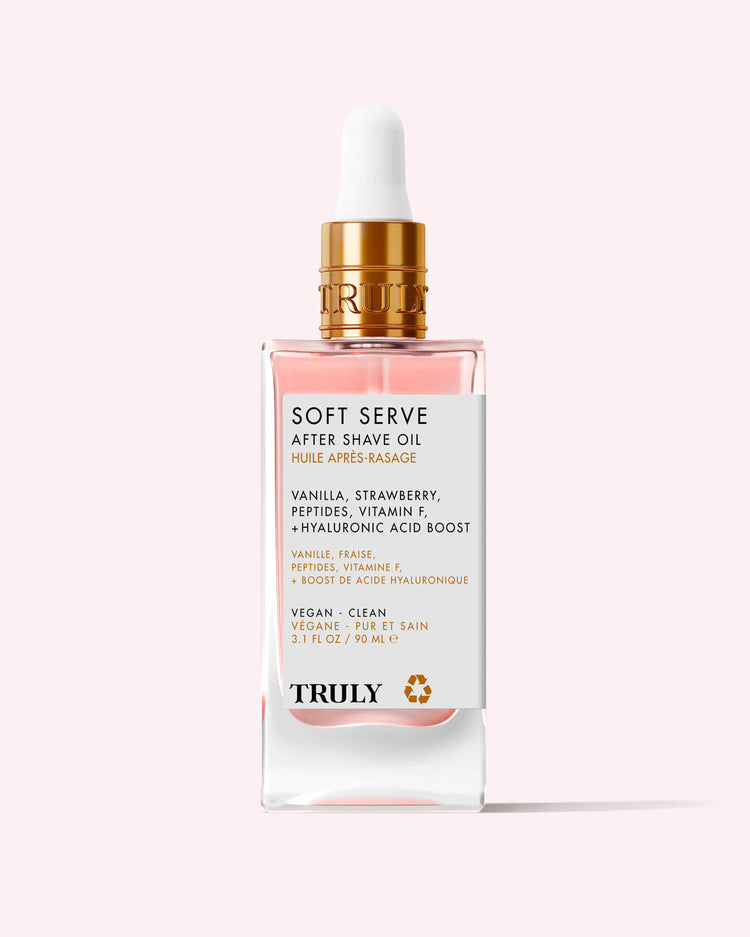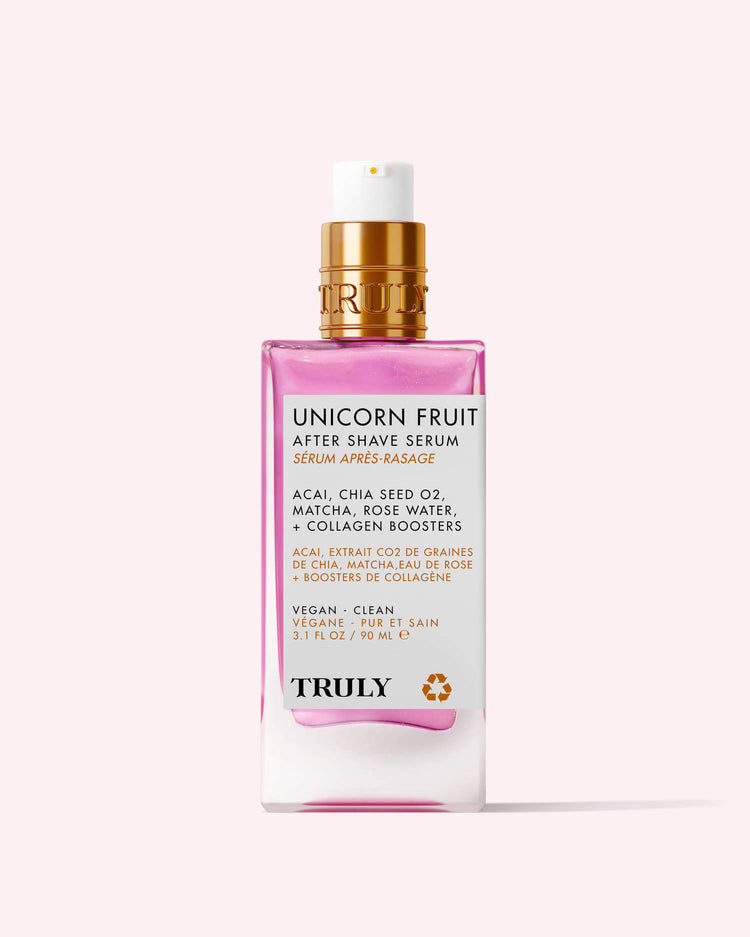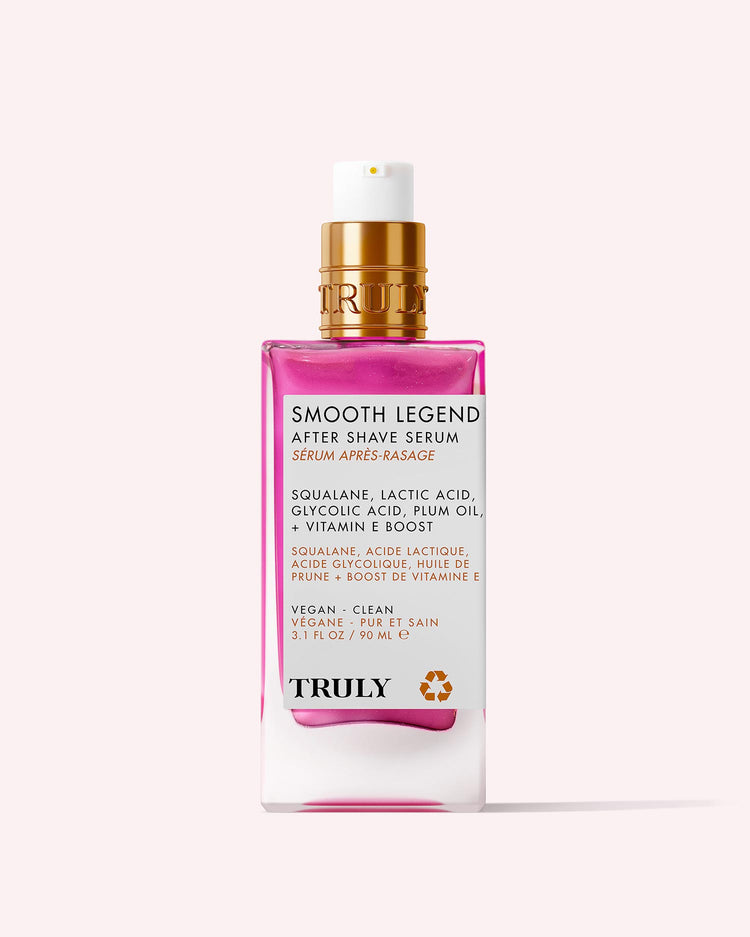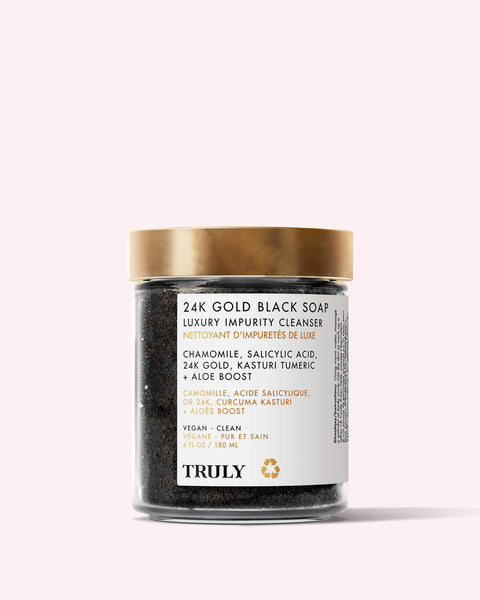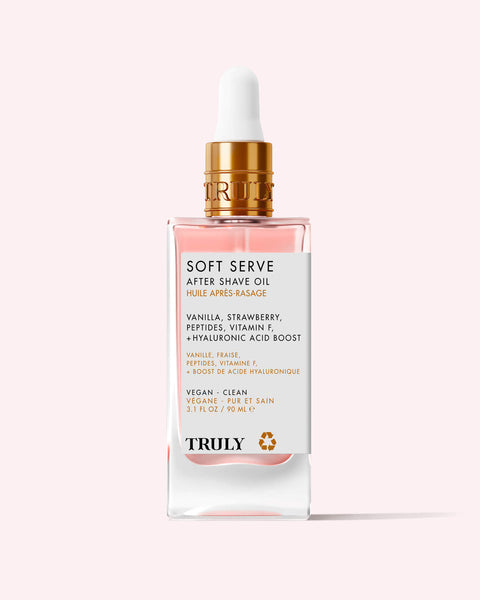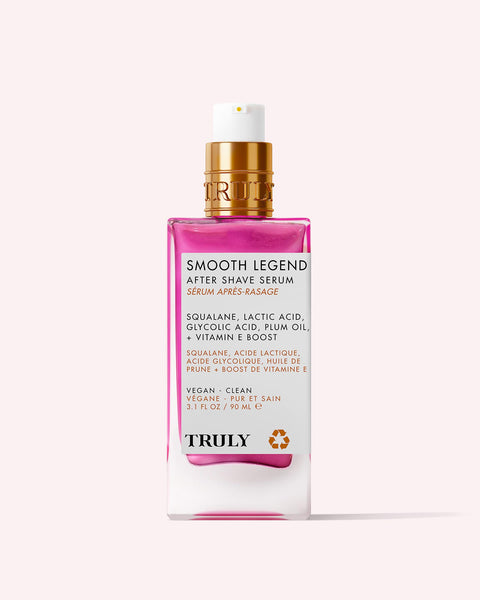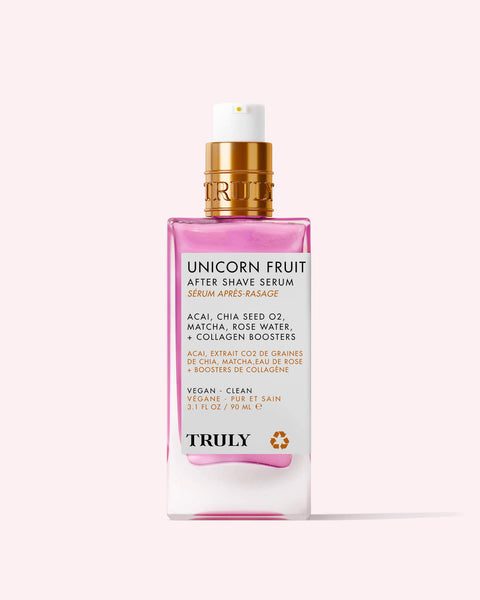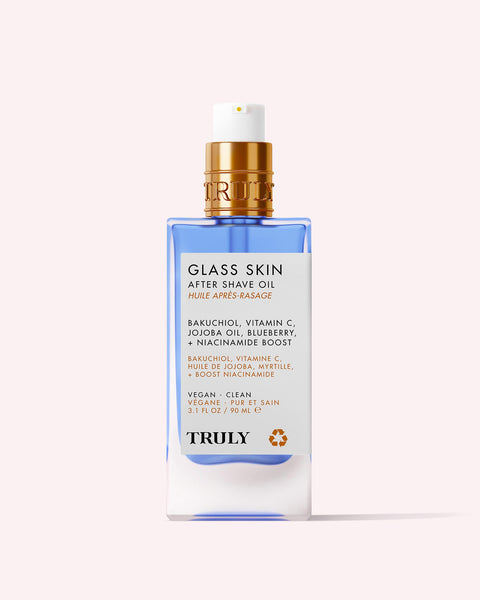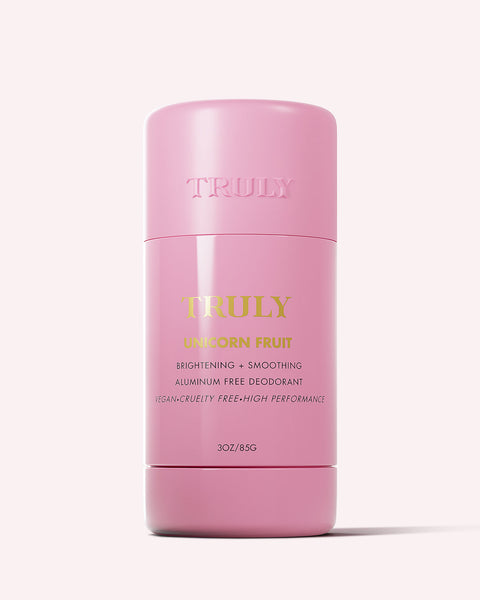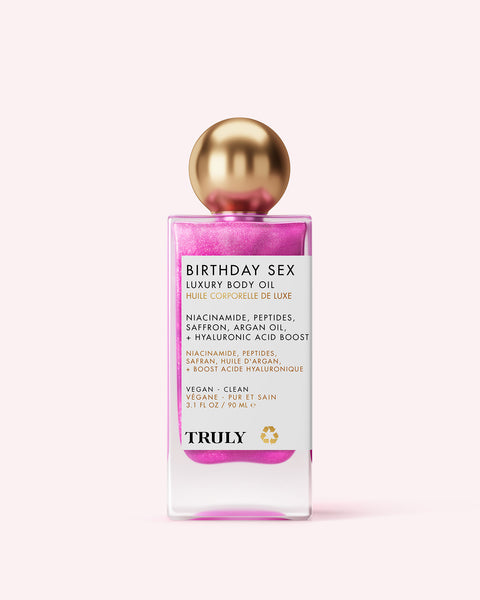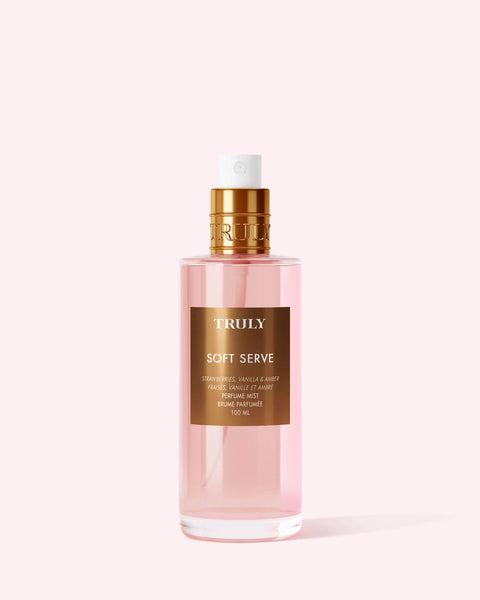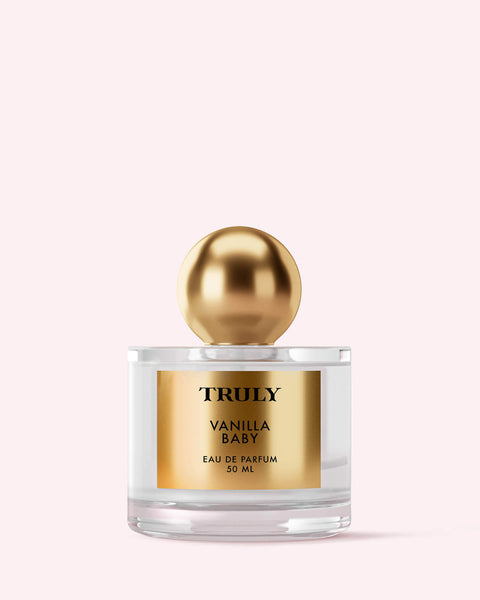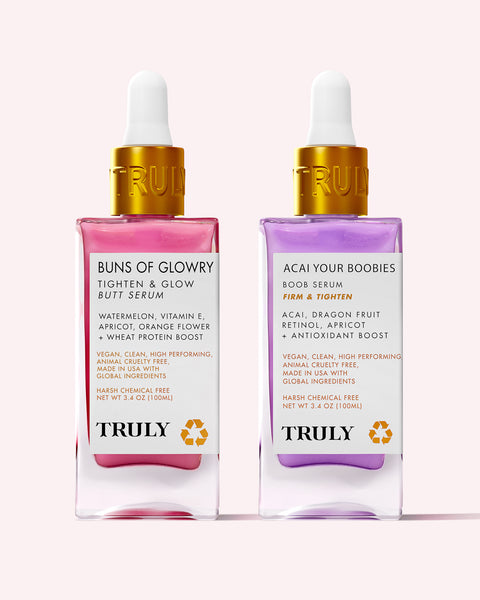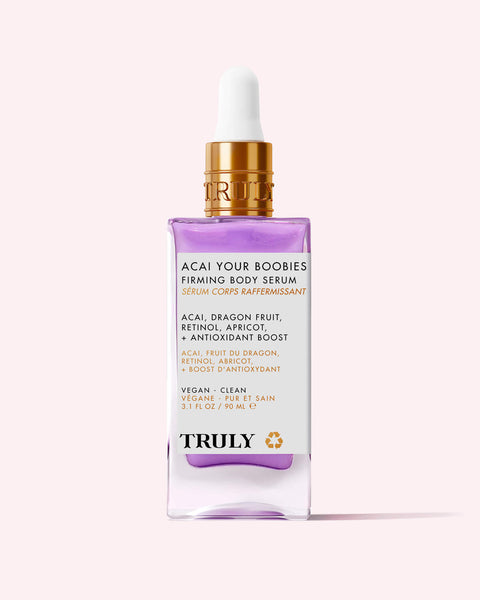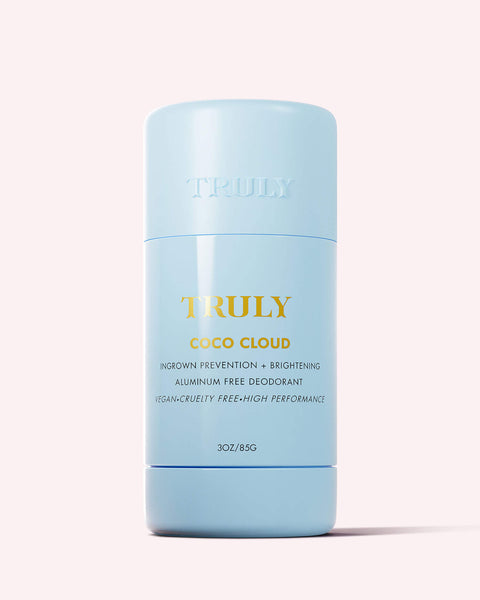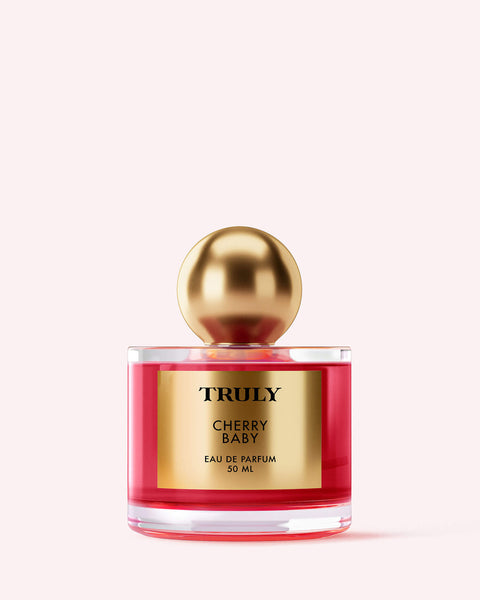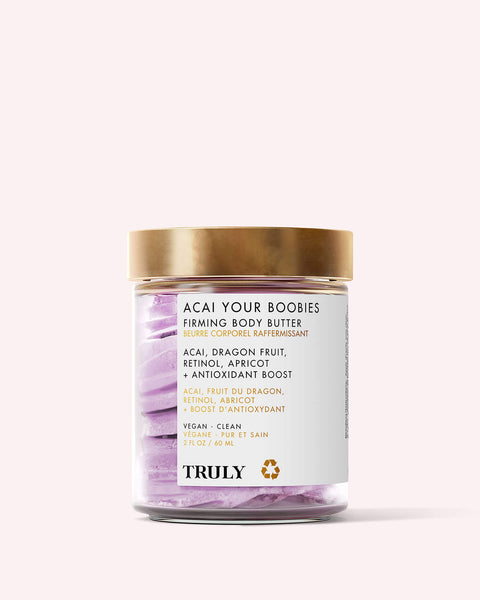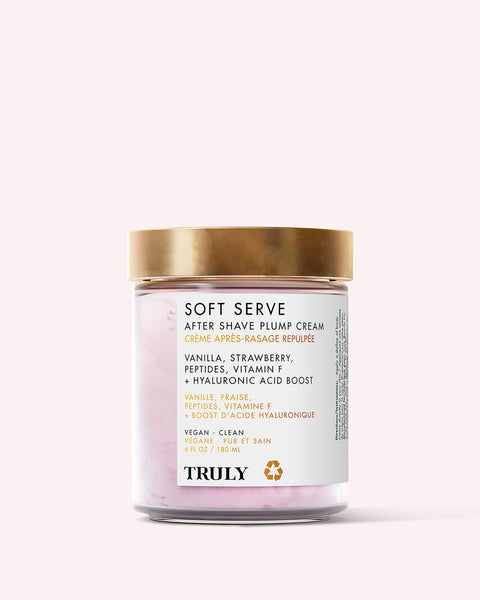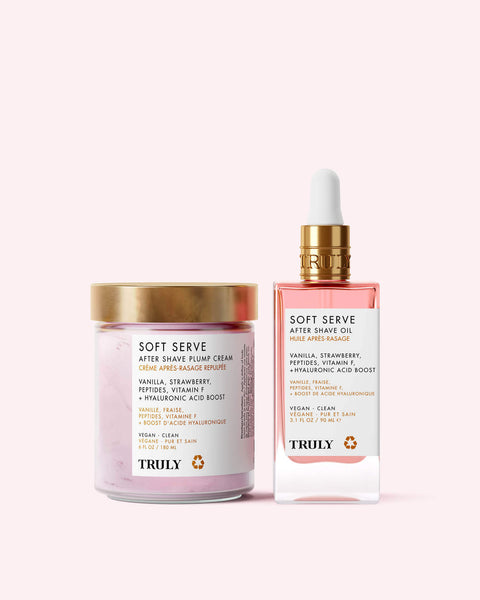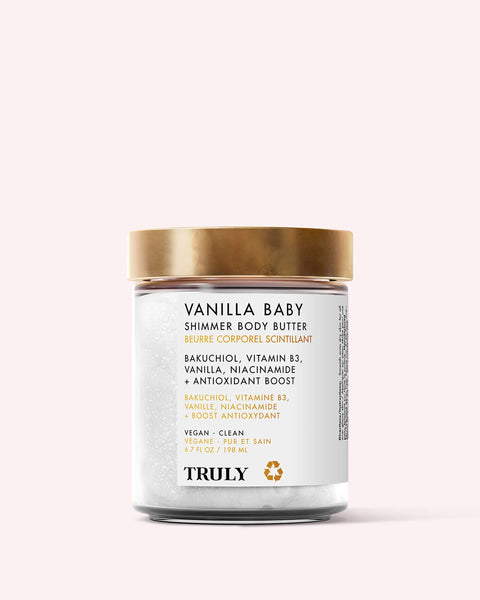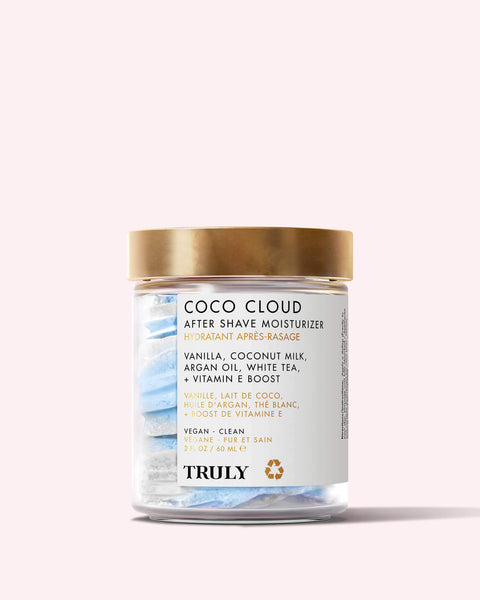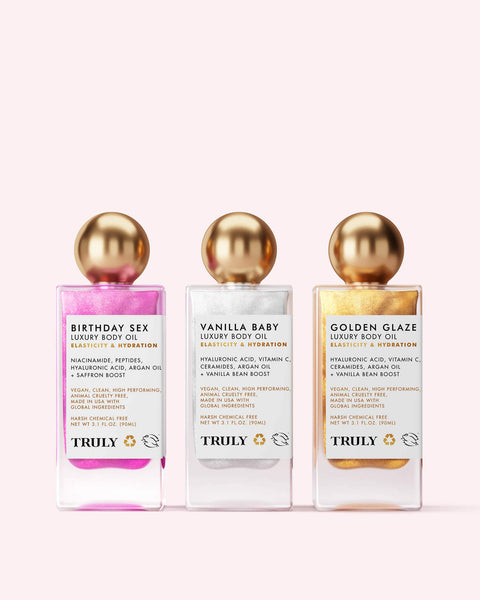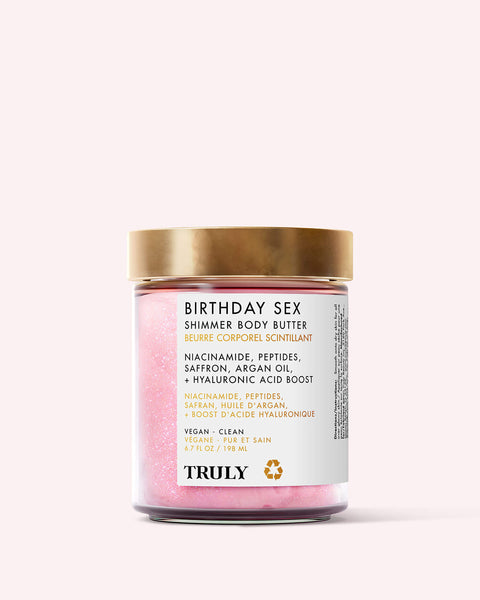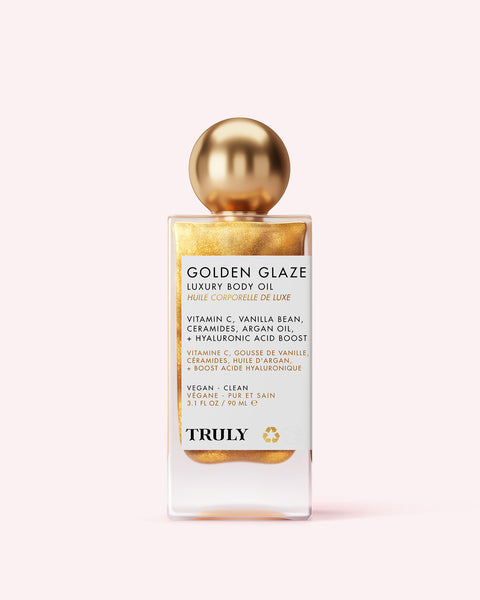Can Your Skin Type Change?

It’s generally known that skin changes with age, but can your skin type change? We’ve got all your questions covered!
Maybe you’ve always had oily skin and now it’s turned dry. Or perhaps you’ve always had dry skin and now it’s feeling oilier. Often, these skin type changes occur due to a number of factors, including environmental and hormonal changes—and sometimes even a poor skincare routine.
Ahead, we show you how to read sudden skin changes and what you can do about it.
Can Your Skin Type Change?
Yes, your skin type can change over time due to age, hormones, environmental factors, and even skincare products. According to dermatologists, your skin can transform from oily to dry or sensitive but this happens due to external factors.
Your skin type is genetically determined, which means it can shift with the seasons or other changes but it will not change on its own. The only exception is during post-menopause when your skin can go from oily to dry due to oil glands becoming less active.
In addition to environmental changes, shifts in stress levels, diets, and medications can affect the amount of oil your skin produces. If you’re suddenly dealing with breakouts, for instance, it could be due to those factors. Since acne is inflammation, it can be caused by stress which turns into an increased number of blackheads, whiteheads, and painful pimples.
If you’re seeing skin changes, it’s important to adjust your skincare routine to meet these new changes.
Is Your Skin Suddenly Drier?
If your skin feels drier than normal, it could be because of seasonal changes. Skin often shows dryness during the fall and winter months due to low humidity and dry air, which strip the skin of natural oils and ultimately: moisture.
Even hot showers and indoor heating can leave the skin feeling dry and dehydrated. But that’s not all—lifestyle factors like not drinking enough water or overusing harsh cleansers can also play a role.
Dermatologists recommend adjusting your skin care routine to include more hydrating products, like a gentle cleanser and rich moisturizer. Look for ingredients like jojoba oil, hyaluronic acid, shea butter, grapeseed oil, and vitamin E to provide hydration to dry, dehydrated skin.
Is Your Skin Suddenly Oilier?
The oily skin type is characterized by a shiny, greasy t-zone and blemishes. If your skin is oilier than usual, it’s most likely due to hormonal fluctuations, not a skin type change. Oil production typically goes up during the menstrual cycle as hormone levels rise. This can stimulate your sebaceous glands, causing them to produce excess sebum.
The best way to manage it is by switching your cleanser to address the excess sebum production. Cleanse every day with oil-absorbing ingredients like kaolin and charcoal to keep your skin looking matte.
If your getting breakouts too, look for cleanser containing a chemical exfoliant like salicylic acid to unclog pores and clear blemishes. Just don’t overdo it, as excess cleansing and exfoliating can irritate the skin and cause it produce more oil.
Is Your Skin Suddenly Sensitive?
If you’ve suddenly got sensitive skin, this is most likely due to the skincare products you’re using or a compromised skin barrier. Harsh cleansers and toners can weaken the skin’s protective barrier, leaving you vulnerable to redness, irritation, and sensitivities.
Skin needs time to heal and repair itself. For the next few weeks, avoid using any harsh exfoliants or potentially irritating ingredients like retinol to allow your skin barrier to recover. While it’s healing, focus on hydration with rich, nourishing moisturisers to restore your skin’s health.
It’s best to keep your daily routine as simple as possible—cleanser, moisturizer, and sunscreen. Just until your skin recovers.
Is Your Skin Dry and Oily at the Same Time?
If you’re noticing a combo of dry and oily skin, you’re likely dealing with the combination skin type. For instance, you can have an oily t-zone while the rest of skin feels dry.
Shifts in seasons commonly cause these changes—and they're temporary. Cooler weather can dry out parts of your skin, while stress or hormonal changes can ramp up oil production in other areas.
To keep your skin balanced, focus on using an oil-balancing cleanser or toner for the oily zones and layering on a hydrating face serum or cream for the drier patches. Look for lightweight, non-comedogenic products to avoid clogging pores while still giving your skin the nourishment it craves.
Can Your Skin Type Change With Age?
As you grow older, your skin naturally undergoes changes. For example, people with oily skin in their teenage years often find their skin becomes less oily and more balanced in their 20s or 30s. By the time you reach your 40s and 50s, hormonal shifts can lead to dryness and loss of elasticity.
Aging skin also produces less collagen and natural oils, which can lead to increased dryness and sensitivity. To combat these changes, it’s essential to focus on anti-aging skincare like retinol and antioxidants like vitamin C that boost hydration, strengthen the skin barrier, and promote collagen production.
It’s also essential to wear SPF every day, even in the colder months to prevent sun damage which can lead to premature signs of aging like fine lines, wrinkles, and hyperpigmentation.
Can Stress Change Your Skin Type?
Stress doesn’t just take a toll on your mind—it can affect your skin, too. Chronic stress triggers the release of cortisol, a hormone that can increase oil production, leading to breakouts and a shiny t-zone.
At the same time, stress can weaken your skin barrier, making it prone to dryness and irritation. If you’re experiencing these changes, it’s important to prioritize self-care practices like mindfulness, sleep, and hydration. In terms of skincare, focus on soothing, barrier-repairing products.
Can Hormones Change Your Skin Type?
Hormones are a major factor in skin type changes, especially during puberty, pregnancy, menopause, and even your menstrual cycle. Hormonal fluctuations can affect oil production, leading to acne, dryness, or increased sensitivity.
For example, many people experience oilier skin and breakouts during their period due to a rise in sebum production. Pregnancy can sometimes cause dry or sensitive skin, while menopause often results in drier skin due to reduced estrogen levels.
If your skin is changing due to hormonal shifts, consider consulting with a dermatologist to tailor your routine. Products with calming and balancing ingredients like niacinamide can help regulate oil production and reduce inflammation.
Can your skin type change? It certainly can but not on its own. Factors like the weather, stress, hormones, and even skincare products can all cause skin type changes. Most of the time, it’s temporary. The best way to deal with a different skin type is by following the tips above and incorporating products into your routine that best suit your skin’s needs.
Photo by Sora Shimazaki, Pexels
